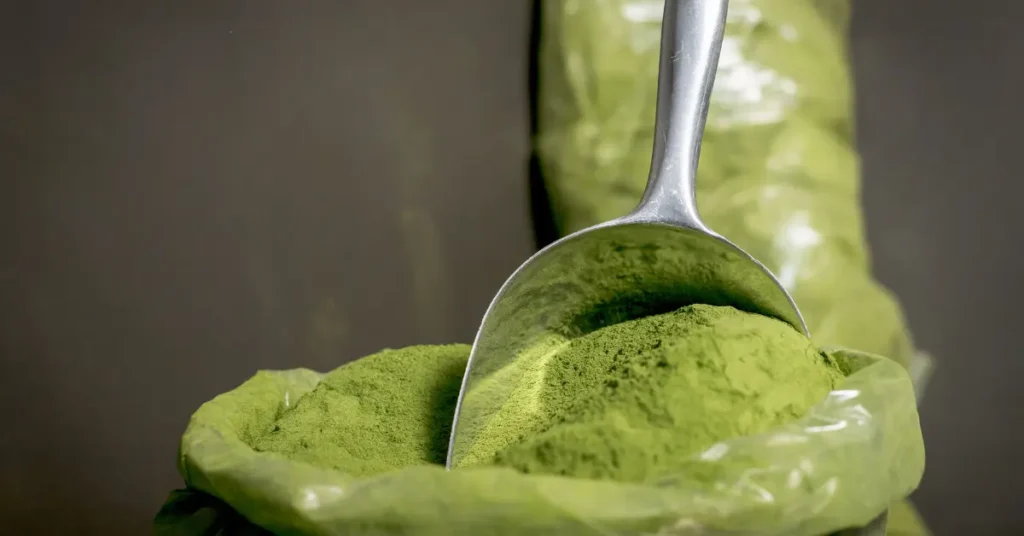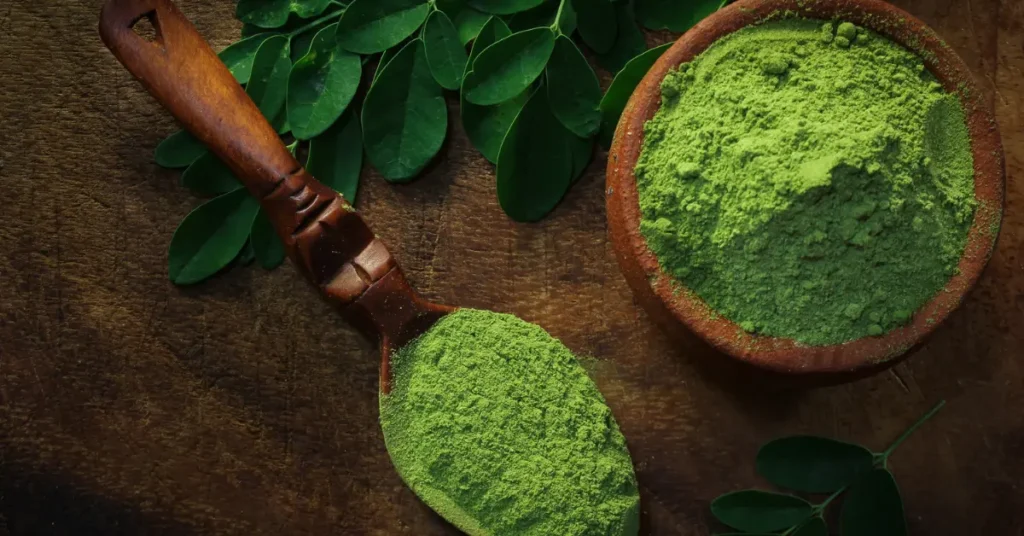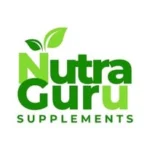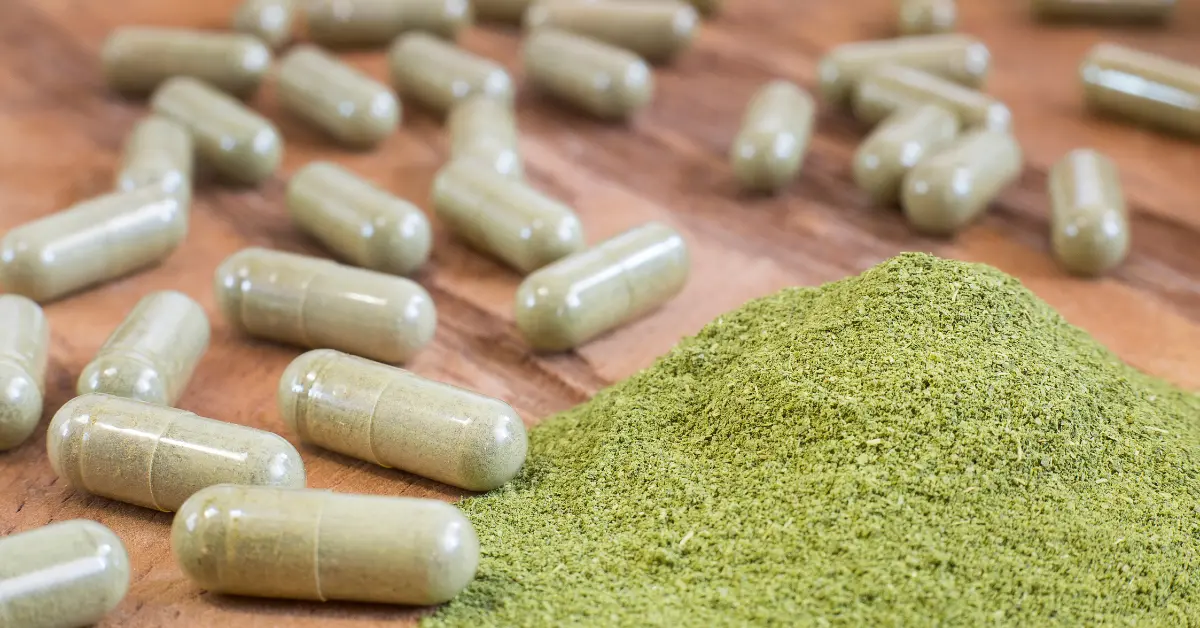The Nutrient Power of Moringa: More Than Just a Superfood
The Nutrient Power of Moringa: More Than Just a Superfood
Table of Contents
Moringa Oleifera, often hailed as a miracle tree, is more than just a buzzword in the superfood community. Its extraordinary nutrient profile and versatile health benefits have earned it a revered spot in traditional medicines and modern diets alike. This article explores the depth and breadth of Moringa’s nutrient power, revealing why it stands out as a foundational component of healthful living.
Moringa’s Nutritional Profile
Vitamins and Their Roles
- Vitamin A: Moringa is rich in Vitamin A, crucial for maintaining healthy vision, skin, and immune function. With higher levels than carrots, it’s an excellent source for those looking to boost their intake naturally.
- Vitamin C: Known for its immunity-enhancing properties, Moringa contains more Vitamin C than oranges, making it a strong ally against infectious diseases and a potent antioxidant.
- Vitamin E: This antioxidant plays a significant role in protecting skin from oxidative stress and maintaining external beauty.

Minerals Essential for Body Functions
- Iron: With more iron than spinach, Moringa helps in combating anemia and increasing energy levels by improving hemoglobin formation.
- Zinc: Essential for DNA synthesis and immune function, zinc in Moringa supports metabolic processes and enhances wound healing.
Protein and Amino Acids
- Moringa leaves contain all nine essential amino acids, making it a rare plant-based complete protein source. This is particularly beneficial for vegetarians and vegans who may struggle to obtain complete proteins from their diet.
Health Benefits of Moringa’s Nutrients
Immune System Support
- The high antioxidant content in Moringa fights free radicals, reducing oxidative stress and boosting the immune system.
Digestive Health
- Moringa’s fiber content aids in regular bowel movements and helps maintain a healthy digestive tract.
Energy and Metabolism
- Thanks to its iron and amino acid profile, Moringa enhances energy without the need for caffeinated substances.
Anti-Diabetic Properties
- Regular consumption of Moringa has been shown to lower blood sugar levels, beneficial for managing diabetes.

Moringa and Global Nutrition
Moringa’s ability to grow in diverse climates and its nutrient density make it an ideal candidate for addressing malnutrition globally. It is especially significant in areas where the common diet lacks vitamins, minerals, and protein.
Case Studies
- In parts of Africa, Moringa has been successfully integrated into feeding programs to quickly improve nutrition.
- Studies in India have shown that incorporating Moringa into children’s diets has improved weight and health markers significantly.
Comparative Analysis With Other Superfoods
While superfoods like spirulina and chlorella are known for their health benefits, Moringa’s wide availability and ease of use make it more accessible and sustainable as a dietary supplement.
Conclusion
Moringa is not just another superfood. Its comprehensive range of nutrients and health benefits makes it a powerhouse that can transform diets and enhance health globally. As we continue to embrace natural health solutions, Moringa’s role becomes increasingly significant in a balanced, health-conscious lifestyle.

FAQs About Moringa
Q: How can I incorporate Moringa into my daily diet? A: Moringa powder can be added to smoothies, soups, and teas for an easy nutritional boost.
Q: Are there any known side effects of consuming Moringa? A: While Moringa is safe for most people, consuming it in very high doses may lead to gastrointestinal upset due to its high fiber content.
Q: Can Moringa replace my daily multivitamin? A: Given its range of nutrients, Moringa can complement a daily multivitamin, especially for those looking to increase their intake of natural foods.






